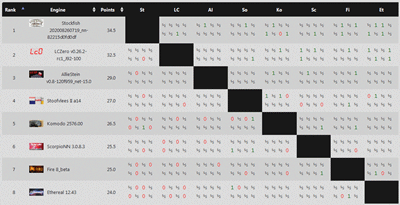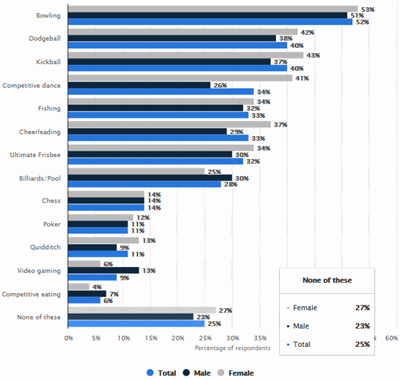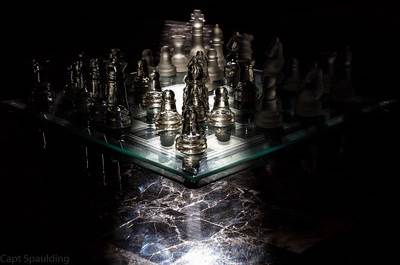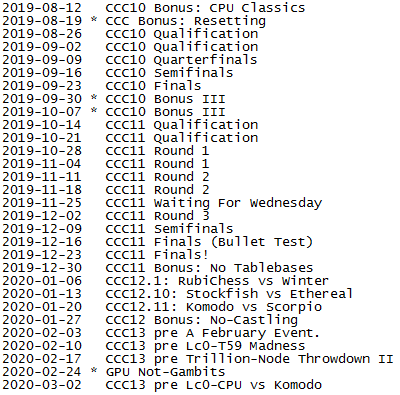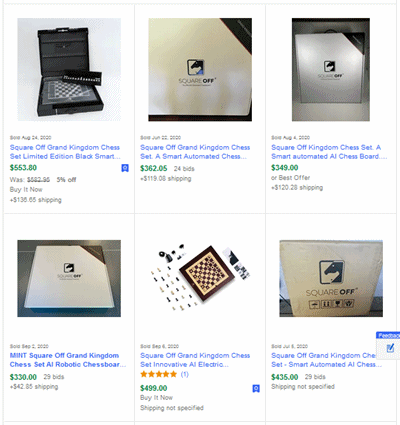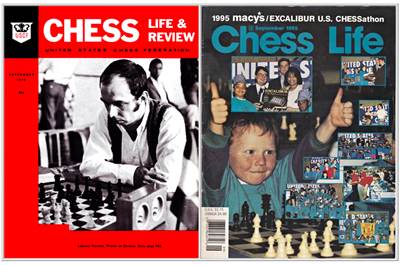Splitting a Gold Medal
Last month's summary of mainstream chess news, Top News / Tournaments in August (August 2020), included this small item:-
I identified the top five events in each weekly edition of Mark Crowther's 'The Week in Chess' (TWIC). [...] It's curious that the Olympiad received top-five billing only once in August. In TWIC 1346 ['24th August 2020'] it was listed at no.21 out of 23 events.
If I had waited a few more days, I could have cherry picked dozens of Olympiad stories from major news sources, all similar to the following.
- 2020-08-30: Chess Olympiad: India, Russia declared joint winners after internet issues mar final (espn.com)
I also spotted a segment on BBC World News. It was subsequently captured for Youtube's channel, FIDE chess.
BBC reports on the Online Chess Olympiad (3:15) • '[Published on] Aug 31, 2020'
The piece included a discussion with a behind-the-scenes insider:-
Nick Barton, Director of eSports and Events at Chess.com, who together with the International Chess Federation [FIDE] set up the Olympiad. He's in Houston, Texas.
For the accompanying BBC story, see:-
- 2020-08-30: Chess Olympiad: India and Russia both get gold after controversial final (bbc.com) • 'India and Russia have been declared joint winners of a major international chess tournament after two Indian players lost their internet connection during the final round.'
The story coontinued,
An online version of the Chess Olympiad contest is being held for the first time this year because of coronavirus. India appealed after two of its players lost connection to their games and forfeited on time.
The FIDE decision to declare joint winners, made by FIDE President Arkady Dvorkovich, was roundly criticized on all sides. A few days earlier the event had incurred another blow when Armenia, in a match against India, lost a game on a server disconnect. Armenia withdrew from the event in protest.
